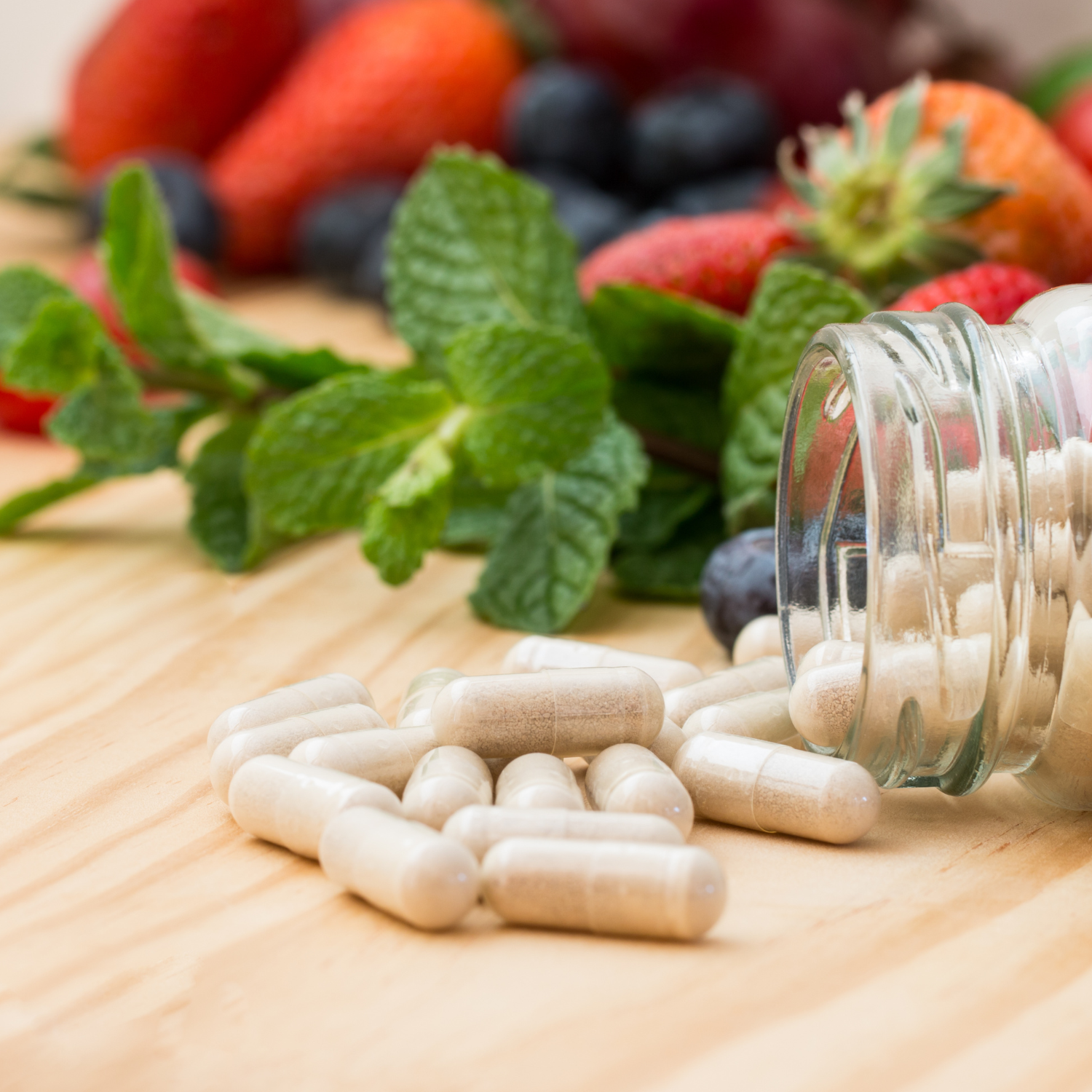When it comes to maintaining a healthy lifestyle, there are numerous options available. One increasingly popular trend is the use of vitamin supplements to fill the gaps in our diets. However, is it better to rely on vitamin supplements or healthy plants for our daily dose of nutrients?
 Nutrient Absorption
Nutrient Absorption
One of the main differences between vitamin supplements and healthy plants is how our bodies absorb the nutrients. When we consume healthy plants, our bodies break down the food and extract the nutrients in a way that is natural and familiar to our digestive system. This means that our bodies are able to absorb and utilize the nutrients more efficiently. On the other hand, vitamin supplements are often made of synthetic materials that are not as easily absorbed by our bodies. Moreover, our bodies are not designed to absorb synthetic nutrients, and they may not be as effective as naturally occurring nutrients.
Furthermore, the bioavailability of certain nutrients can be affected by the presence of other compounds in plants. For example, the iron in spinach is more easily absorbed when consumed with vitamin C-rich foods like bell peppers or citrus fruits. This synergistic effect is not present in vitamin supplements, as they often only contain isolated nutrients. Additionally, some supplements may interact with other medications, leading to adverse effects.
Synergy of Nutrients
Another important factor to consider is the synergy of nutrients found in healthy plants. Many plants contain a variety of nutrients that work together to maximize their benefits. For example, leafy greens like spinach and kale are rich in vitamins A, C, and K, as well as iron and calcium. These nutrients work together to promote healthy bones, prevent anemia, and protect against heart disease. While vitamin supplements may contain some of these nutrients, they often lack the same synergistic effect found in healthy plants. Moreover, there are countless other nutrients, fiber, and phytochemicals present in healthy plants, which are absent in vitamin supplements.
Cost
When it comes to cost, vitamin supplements may seem like the more economical choice. However, it is essential to consider the long-term effects of relying solely on supplements. In addition to the potential health risks associated with synthetic materials, supplements can also be expensive over time. On the other hand, incorporating healthy plants into your diet is often more cost-effective and can provide numerous benefits beyond just the nutrients they contain. Furthermore, fresh produce is now widely available and affordable, making it more accessible than ever before.
Environmental Impact
Another crucial factor to consider is the impact of vitamin supplements and healthy plants on the environment. The production of synthetic supplements can have a significant carbon footprint, contributing to global warming and climate change. In contrast, the production of healthy plants is more sustainable and environmentally friendly. Moreover, eating a plant-based diet has been shown to reduce greenhouse gas emissions and conserve natural resources.

Taste and Variety
Healthy plants also offer a wider variety of flavors and textures than vitamin supplements. Incorporating different types of fruits and vegetables into our diets can help us discover new tastes and textures, making healthy eating more enjoyable. Additionally, healthy plants can be prepared in a variety of ways, from raw salads to roasted vegetables, providing endless possibilities for meals and snacks.
Conclusion
While vitamin supplements may seem like a convenient way to get our daily dose of nutrients, it is important to consider the benefits of healthy plants. Not only do they provide a natural and familiar way for our bodies to absorb nutrients, but they also contain a variety of nutrients that work together to maximize their benefits. In the end, a balanced diet of both healthy plants and vitamin supplements may be the best way to ensure that we are getting all the nutrients we need to maintain a healthy lifestyle. However, it is crucial to prioritize healthy plants as the primary source of nutrients as they are more eco-friendly, cost-effective, and provide numerous other health benefits beyond the nutrients they contain.





Leave a comment
This site is protected by hCaptcha and the hCaptcha Privacy Policy and Terms of Service apply.